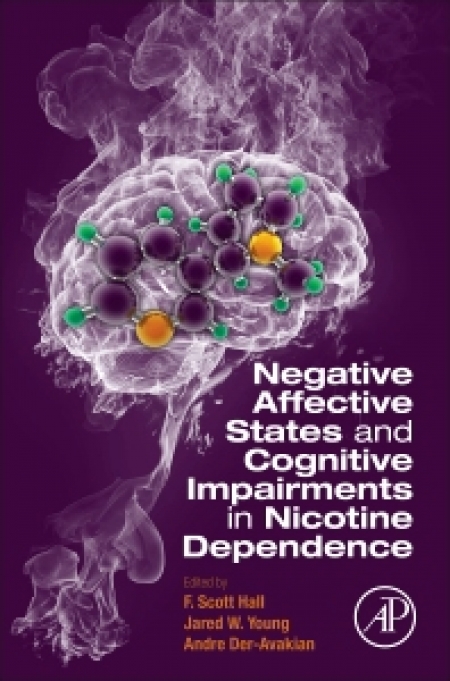Nostro prezzo € 80,96 € 89,95 -10.00%
Disponibilità: Ordinabile in 4-6 giorni lavorativi
Quantità
Descrizione
Acquisto di GRUPPO?? Se volete risparmiare
contattateci!
Autore: Hall Young
Editore: Academic Press (Elsevier Group)
Data di Pubblicazione: 2016
ISBN: 9780128025741
Pagine: 362
Negative Affective States and Cognitive Impairments in Nicotine Dependence is the only book of its kind that addresses nicotine use and abuse in the context of negative reinforcement mechanisms. Written and edited by leading investigators in addiction, affective, genetic, and cognitive research, it provides researchers and advanced students with an overview of the clinical bases of these effects, allowing them to fully understand the various underlying dysfunctions that drive nicotine use in different individuals. In addition, this book examines animal models that researchers have utilized to investigate the biological bases of these dysfunctions.
The combination of clinical and preclinical approaches to understanding nicotine dependence makes this book an invaluable resource for researchers and practitioners seeking to develop targeted treatments aimed at ameliorating symptoms of nicotine dependence, as well as identifying premorbid differences in affective or cognitive function.
-
Provides a unique perspective on nicotine dependence that emphasizes negative reinforcement rather than positive reinforcement
-
Examines psychiatric comorbidities and alleviation of withdrawal states as motivation for continued tobacco use
-
Includes both clinical and preclinical perspectives
-
Includes genetic and multi-neurotransmitter perspectives on nicotine use and withdrawal
-
Emphasizes heterogeneity of underlying reasons for smoking, the need for multiple animal models to understand this heterogeneity, and the expectation of heterogeneous responses to potential treatments, underscoring the need for personalized therapeutics

